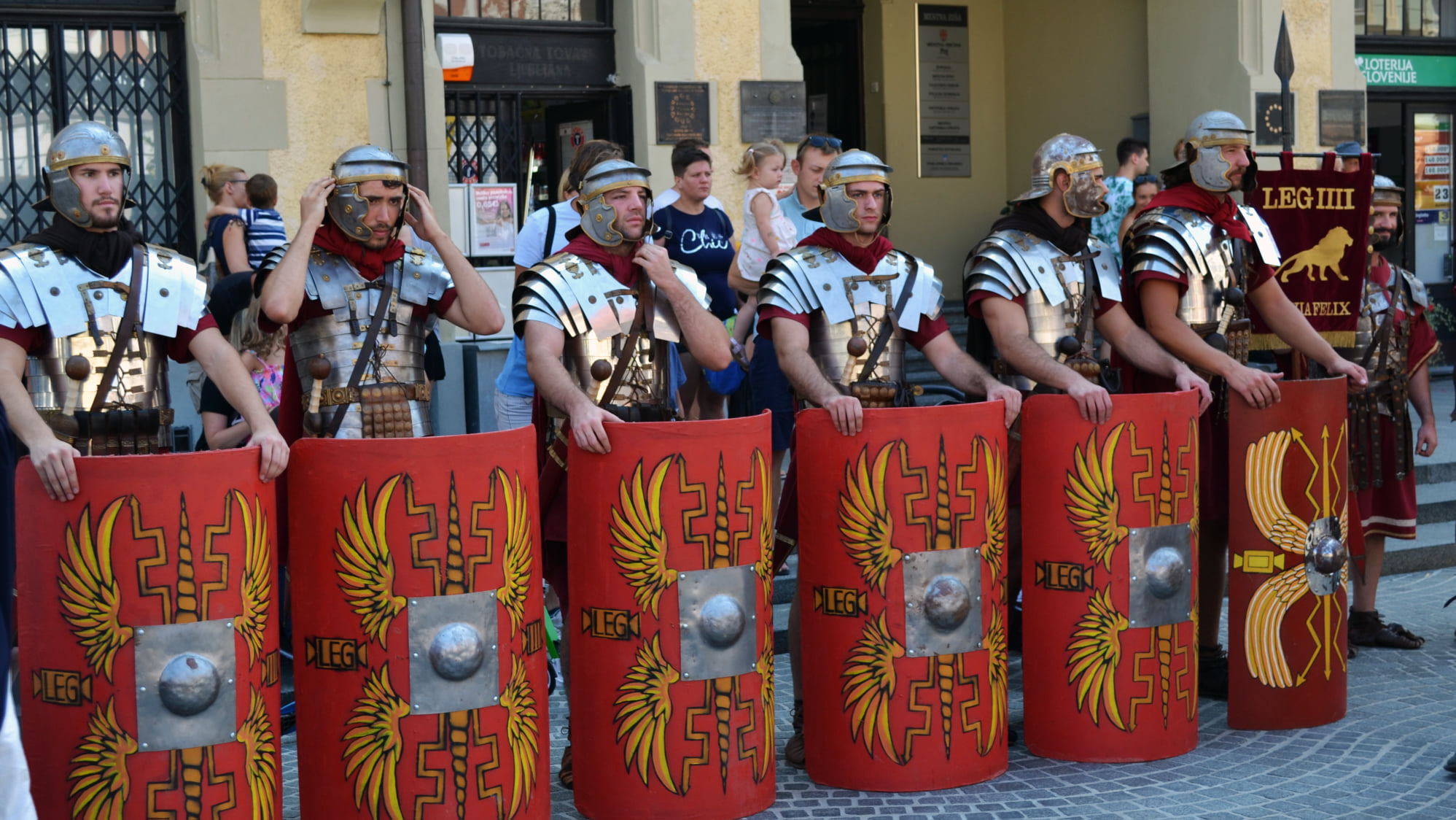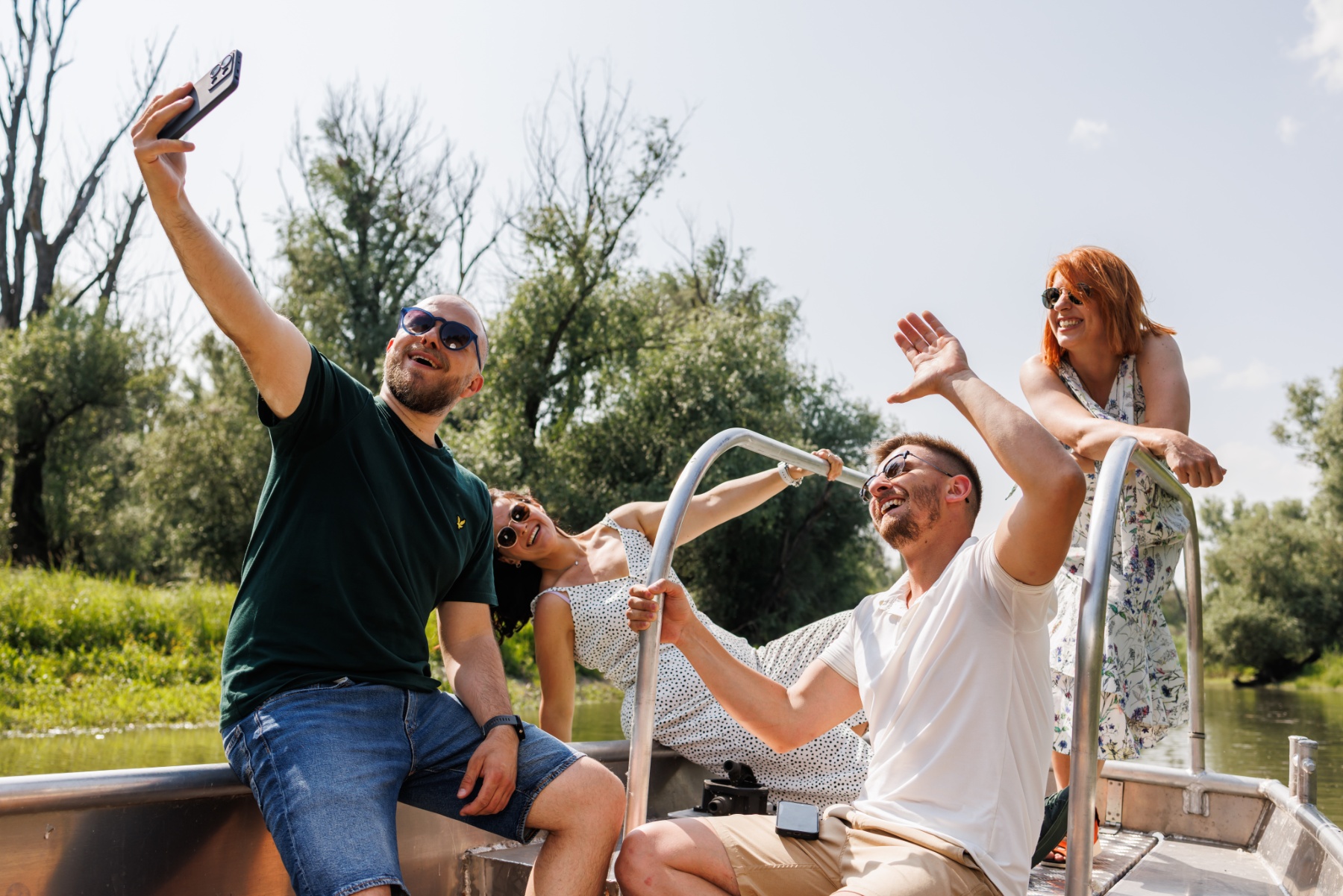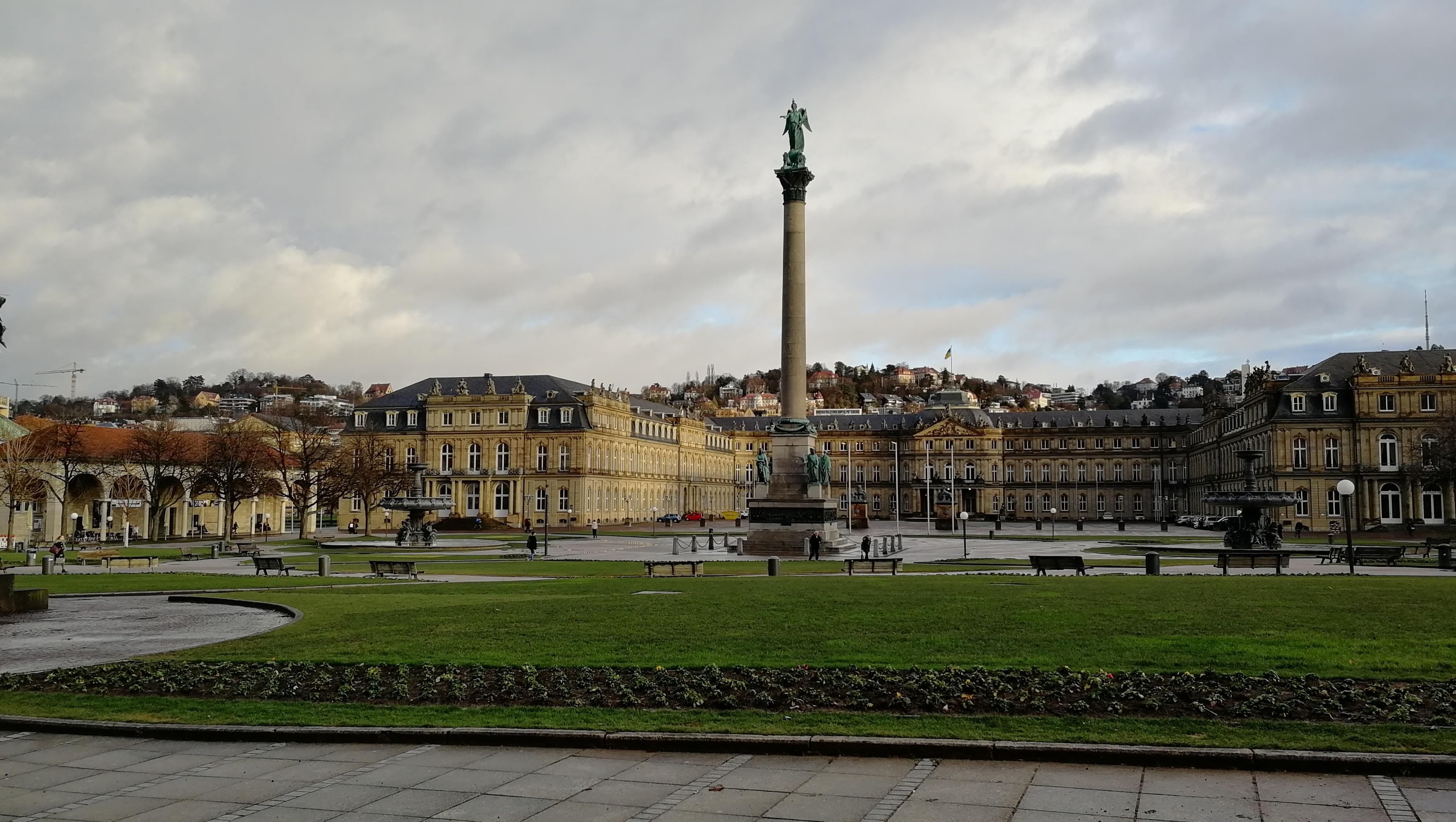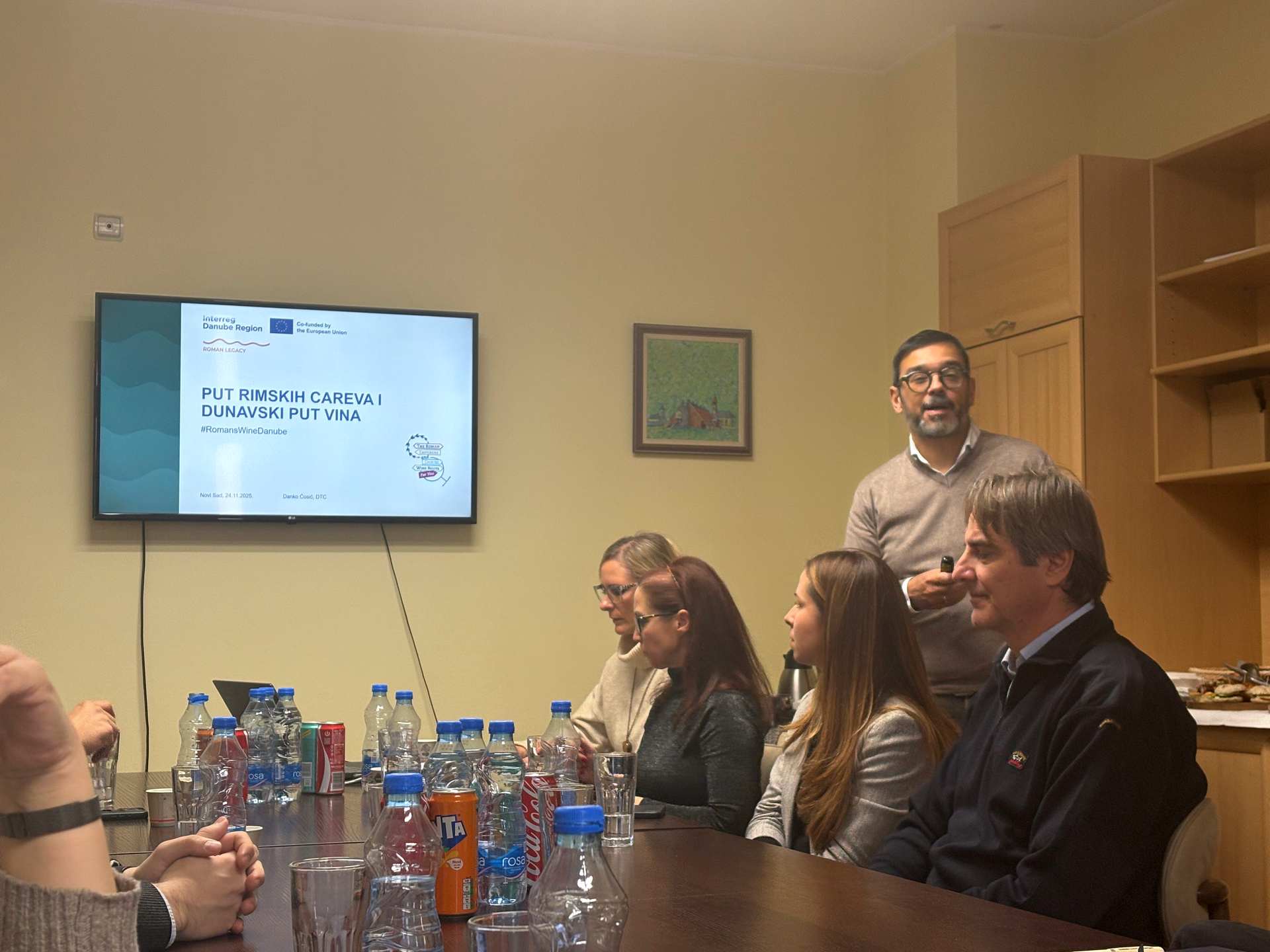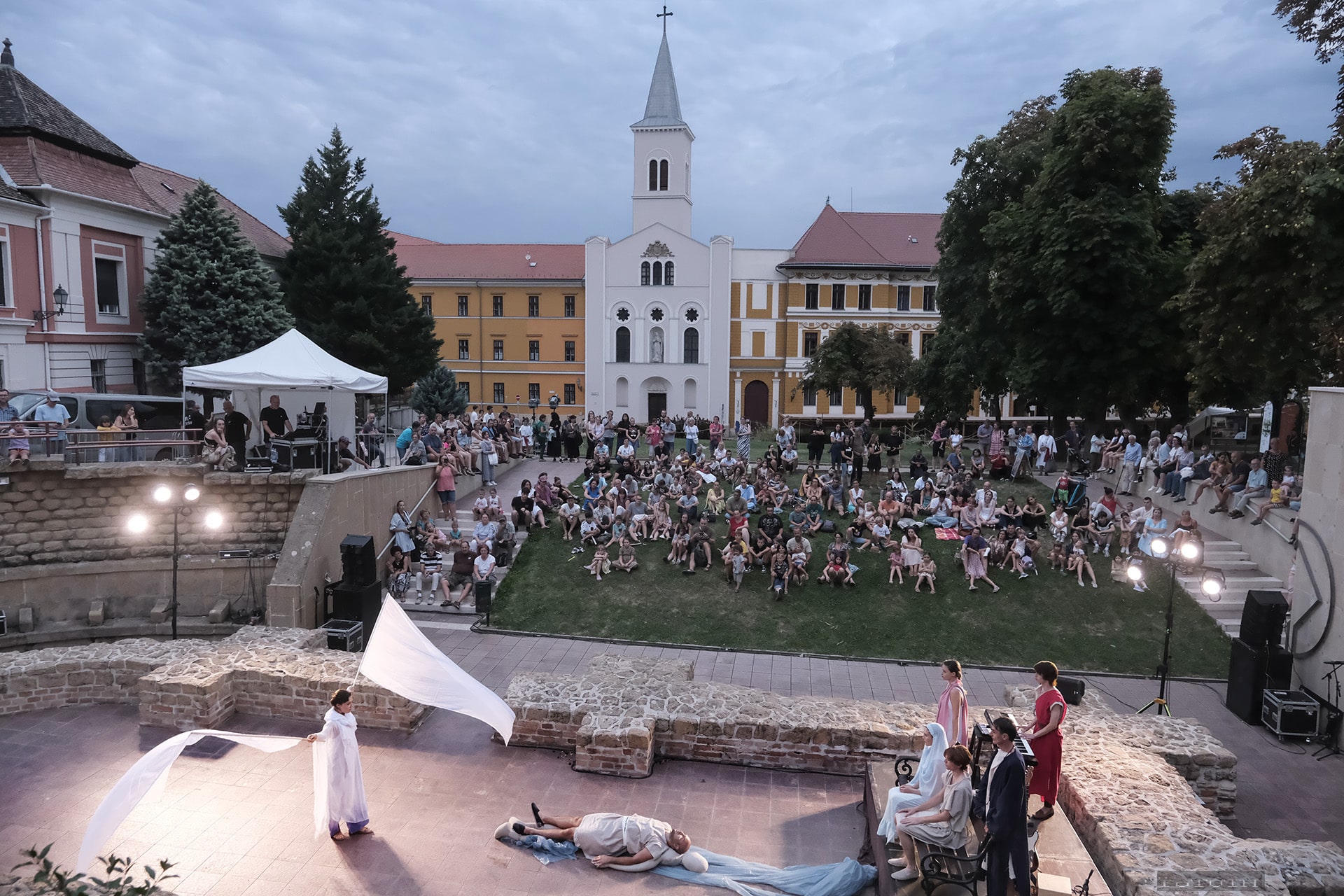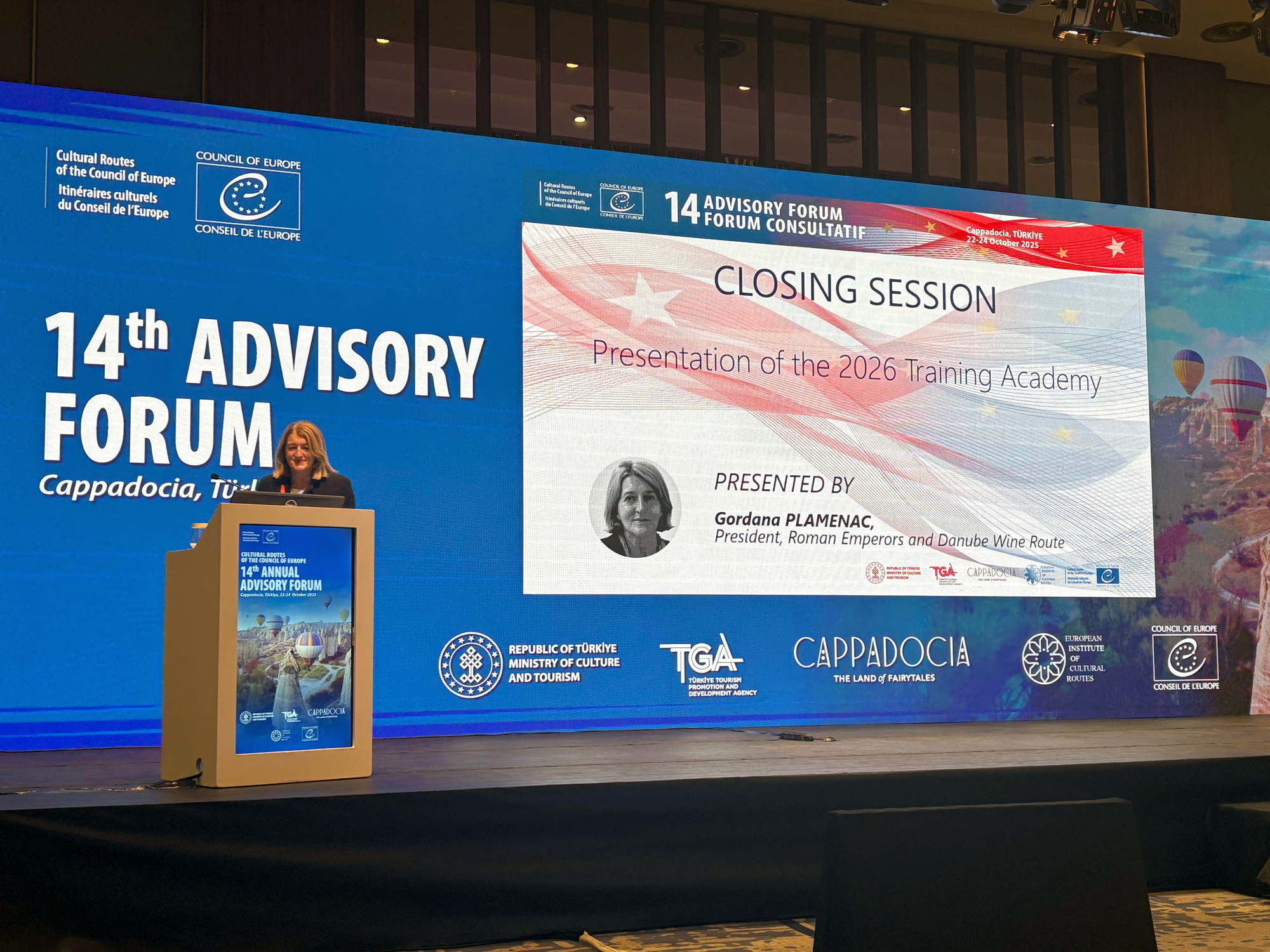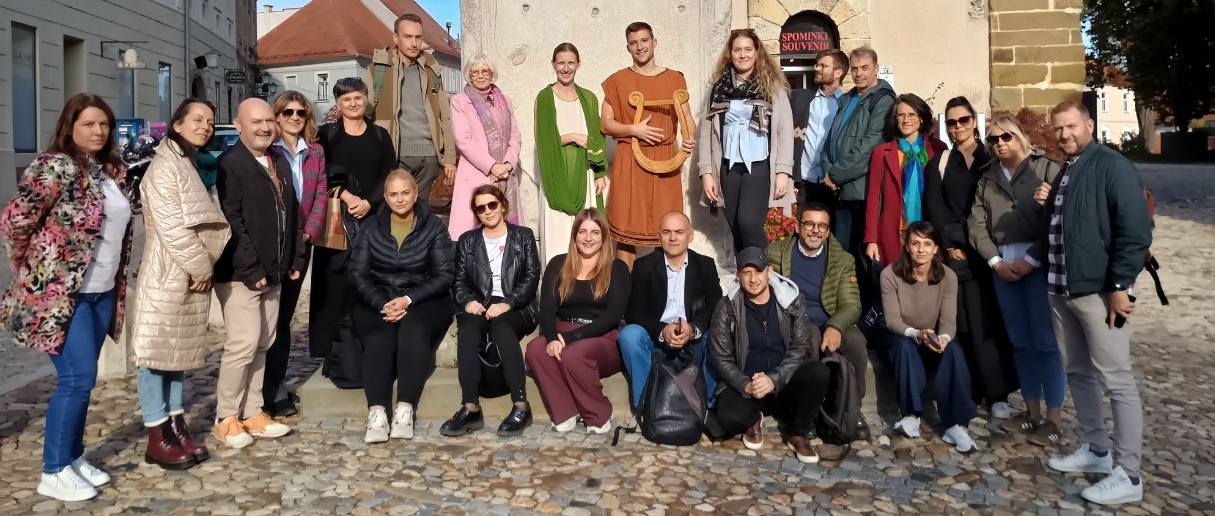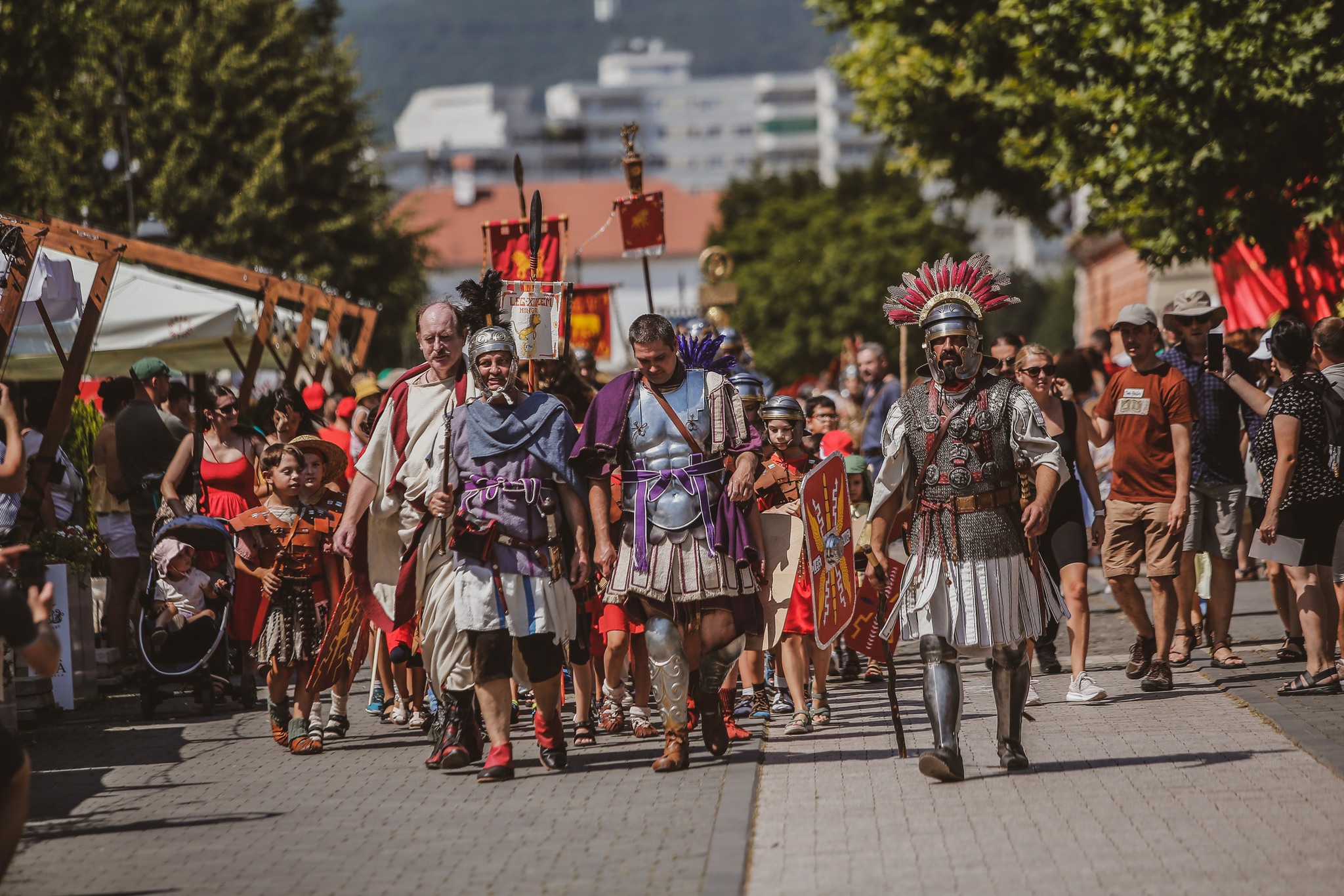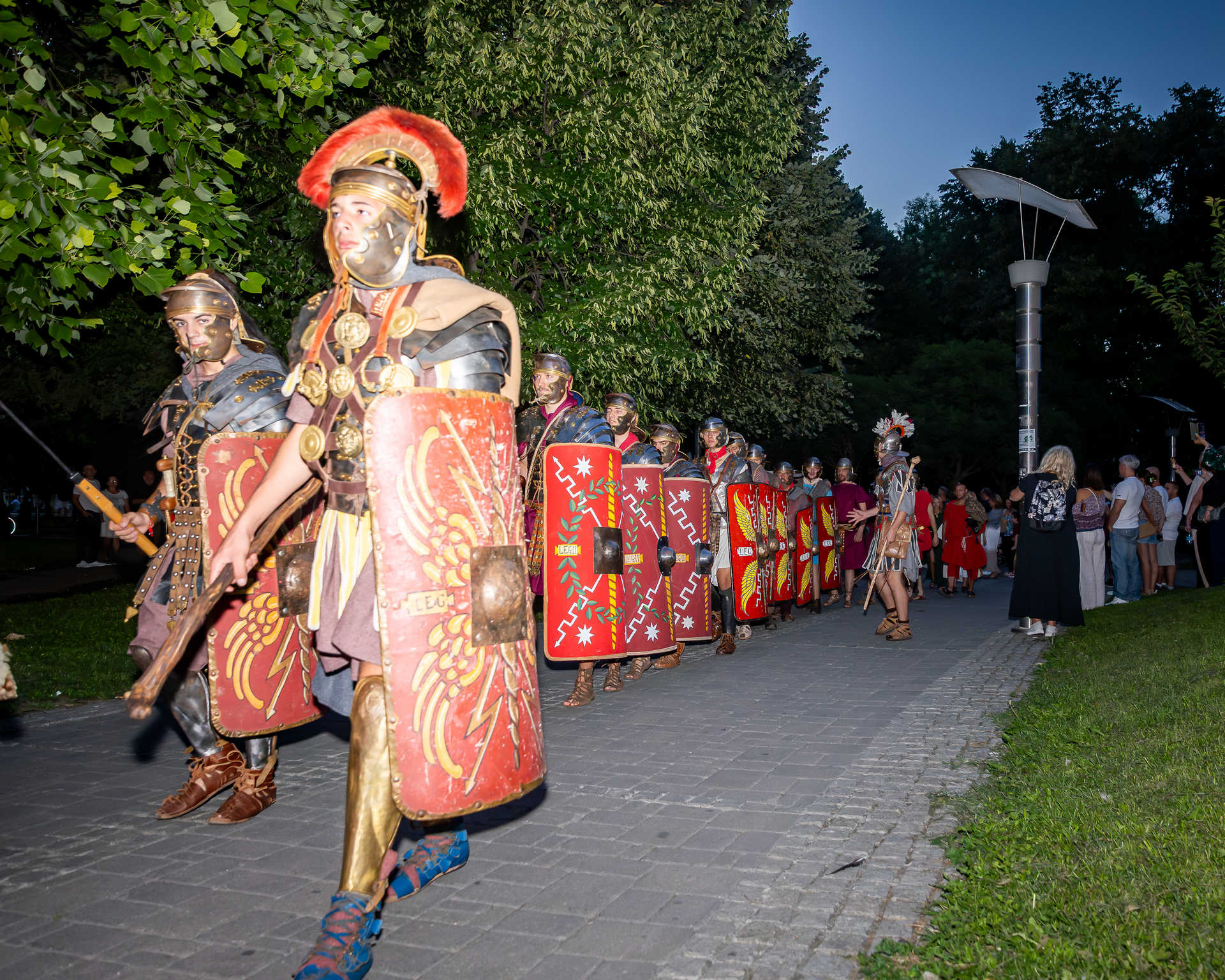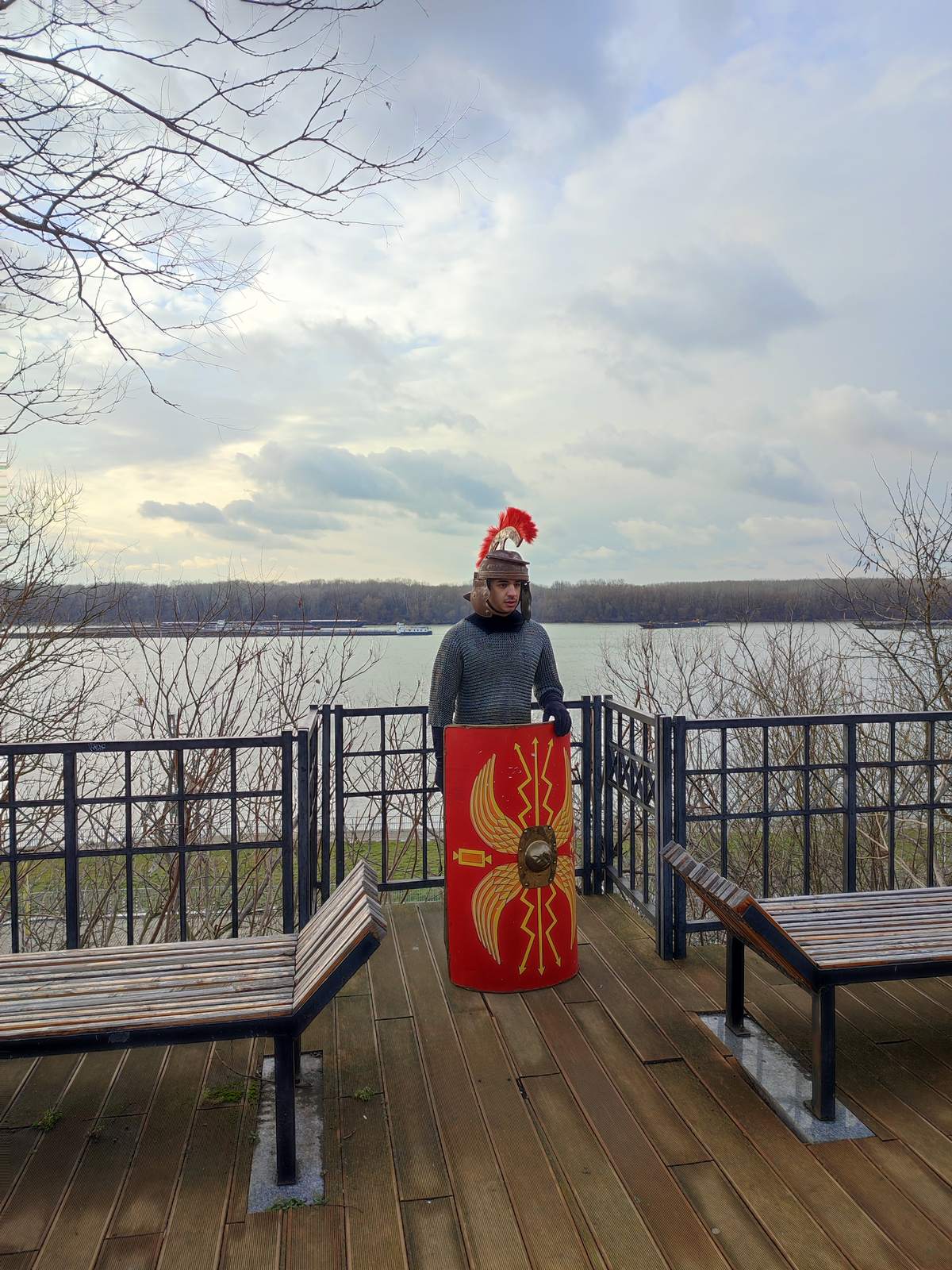
The current situation in the Danube region is marked by a demographic decline in rural areas, imbalanced socio-economic development, and social exclusion of vulnerable groups. The project aims to address those common by applying innovative and inclusive solutions for destination management and developing the touristic potential of underdeveloped sub-destinations with local action plans and innovative destination management solutions. The project seeks to capitalize on the cultural heritage and natural resources of the region and create transnational partnerships to deliver high-quality tourism products and solutions.
The main outputs of the project will be:
- Collaborative models, plans, and labels, leading to new and improved touristic offers and enhanced visitors experiences.
- Innovative solutions for sub destinations development and management namely a Model for local community involvement and a model for tourism observatories.
- Sustainable and eco-friendly travel solutions: Green travel packages and itineraries developed through collaboration with tour operators.
- New touristic products- pilots: Festivals of Roman Emperors and Wine Festivals that will test, showcase and promote newly developed solutions.
The beneficiaries of these outputs include local communities including the local service providers, SMEs, CSOs, cultural institutions in 9 sub destinations (in Serbia, Slovakia, Croatia, Hungary, Bulgaria, Bosnia, Romania, Ukraine and Slovenia), that will benefit from new inclusive solutions for destination management as well as the new touristic products (festivals that will serve as the pilots for testing solutions). Beneficiaries further include vulnerable groups including migrants, women and youth that will be directly involved in tourism development in their respective sub-destinations, tourists through the improved touristic offer and policymakers on national and local levels in the wider Danube Region. The knowledge transfer developed as a transferability tool will further promote solutions developed within the project and will be oriented towards presidents and managers of European Cultural Routes, tour operators, regional development agencies, and other stakeholders involved in tourism development across the Danube region. This knowledge pack will be serving as a tool for sustainable tourism development and raising the overall potential of the Danube region as a touristic macro-region.
News & Events
Read the most recent updates and explore the upcoming events.
Project overview
Need any help? Contact us!

Danko Cosic

Ivana Samardzic

